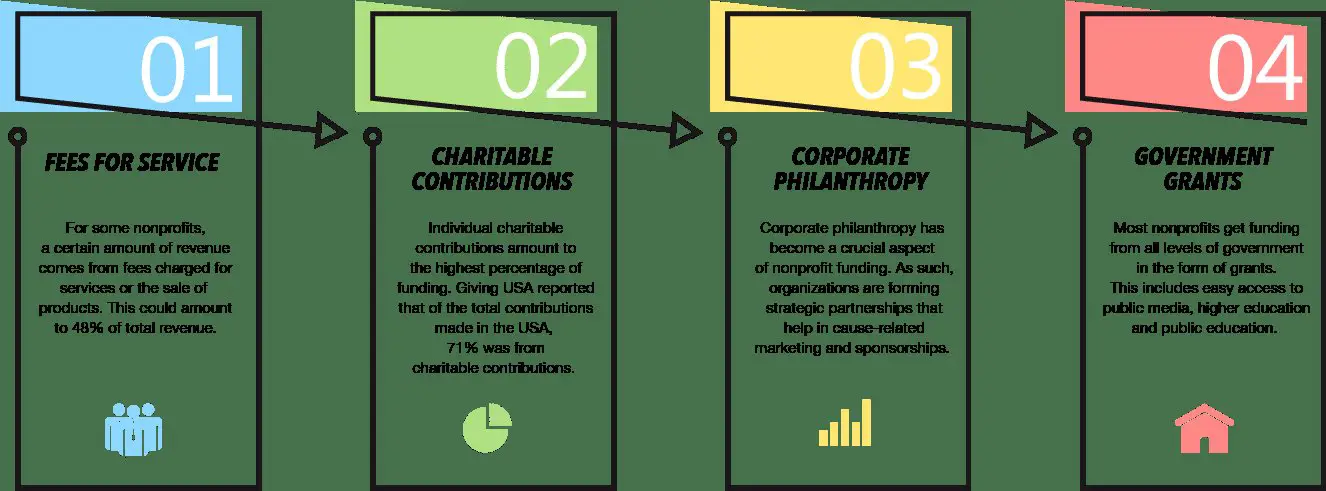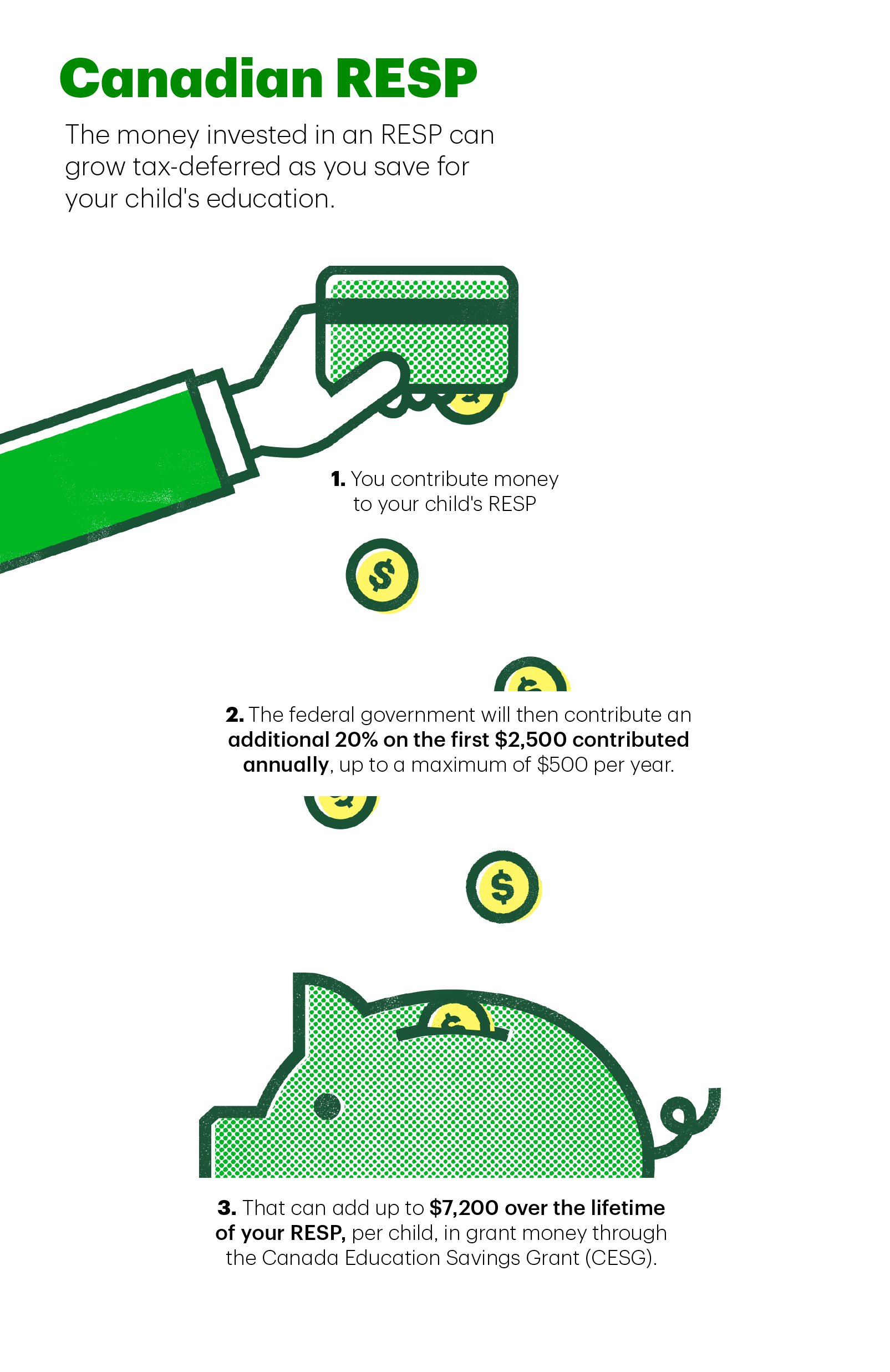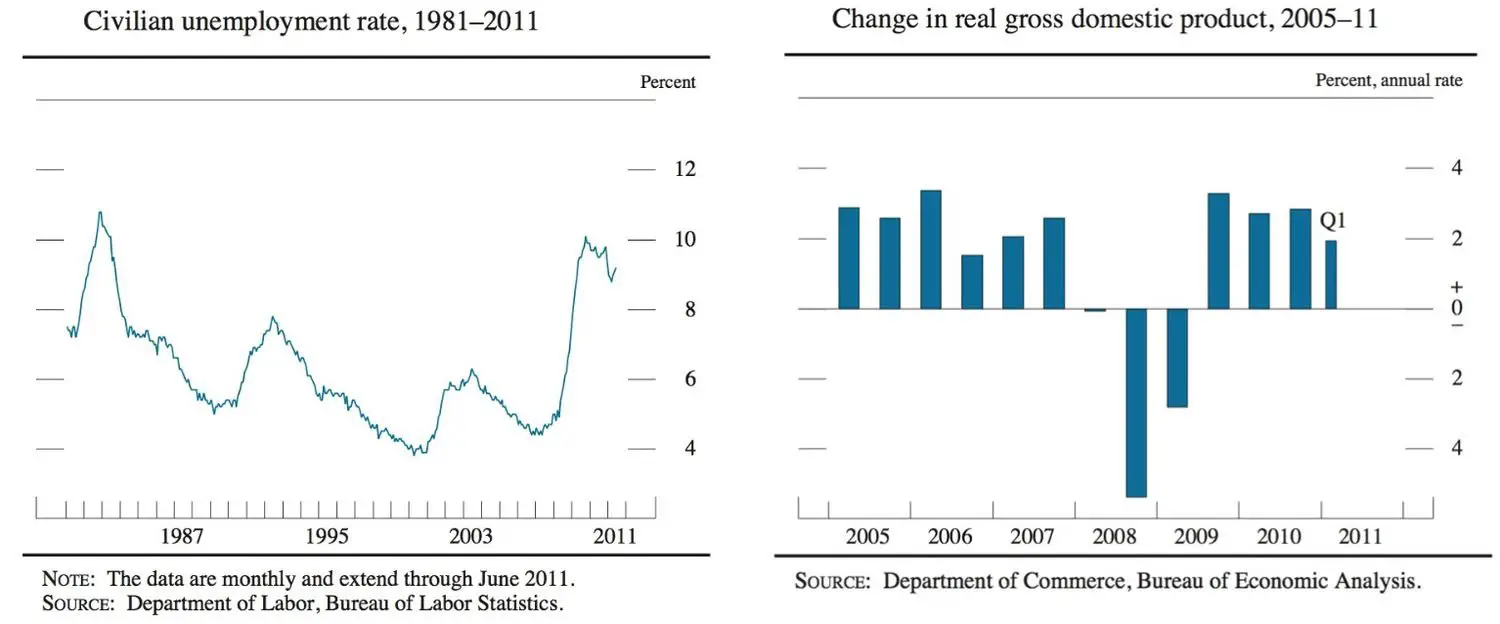Are you searching for ways to reduce mortgage closing costs? We’ve got you covered! In this article, we will provide you with practical tips and strategies to help minimize the amount you pay when finalizing your mortgage. From negotiating fees to understanding the various components of closing costs, we’ll guide you step-by-step on how to save money and stay within your budget. So, if you’re ready to take control of your finances and learn how to reduce mortgage closing costs, keep reading!
How to Reduce Mortgage Closing Costs
When purchasing a home, one of the biggest expenses you’ll encounter is mortgage closing costs. These costs can include fees for loan origination, appraisal, title search, credit report, and more. While closing costs are a necessary part of the homebuying process, there are several strategies you can employ to reduce these expenses. In this article, we will explore various ways to minimize mortgage closing costs and save you money.
1. Shop Around for the Best Mortgage Lender
One of the most effective ways to reduce mortgage closing costs is to shop around and compare loan offers from different lenders. Each lender may have their own set of fees and closing costs, so it’s important to request loan estimates from multiple lenders for comparison. By doing so, you can identify the lender that offers the most competitive rates and fees.
When reviewing loan estimates, pay close attention to the Loan Estimate form provided by each lender. This document provides a breakdown of all the costs associated with the loan, including origination fees, appraisal fees, credit report fees, and more. Compare these estimates side by side to identify any significant differences.
2. Negotiate with Your Lender
Once you’ve received loan estimates from different lenders, you can use this information to negotiate with your preferred lender. Don’t be afraid to ask for lower fees or request that certain fees be waived. Lenders may be willing to negotiate in order to earn your business.
Consider discussing the loan offers from other lenders with your preferred lender and ask if they can match or beat their competitors’ offers. Sometimes, lenders are willing to adjust their rates or fees to secure your business as a borrower.
3. Opt for a No-Closing-Cost Mortgage
If you’re looking to reduce upfront expenses, a no-closing-cost mortgage might be a viable option. With this type of mortgage, the lender covers some or all of the closing costs in exchange for a slightly higher interest rate on the loan. While this may result in a higher monthly payment, it can eliminate the need to pay thousands of dollars in closing costs upfront.
Before opting for a no-closing-cost mortgage, it’s essential to carefully evaluate the long-term costs. Calculate the total amount you would pay over the life of the loan, including the increased interest rate, and compare it to the upfront closing costs. This will help you determine if this option truly provides savings in the long run.
4. Consider a Mortgage with a Lower Loan Amount
Another effective way to reduce closing costs is to consider a mortgage with a lower loan amount. Closing costs are often calculated as a percentage of the loan amount, so opting for a smaller loan can result in proportionally lower closing costs.
There are several ways you can achieve a lower loan amount:
- Make a larger down payment: By putting more money down upfront, you decrease the loan amount and subsequently reduce the closing costs.
- Consider a less expensive property: Look for homes that align with your budget and financial goals. Choosing a less expensive property can significantly impact the loan amount and overall closing costs.
- Pay off existing debts: Before applying for a mortgage, consider paying off any outstanding debts you may have. This can improve your credit score and potentially allow you to qualify for a smaller loan.
5. Review and Understand Your Closing Disclosure
Prior to closing on your mortgage, you’ll receive a Closing Disclosure document. This document outlines all the final loan terms, including the closing costs you’ll be required to pay. It’s crucial to carefully review this document and understand each fee listed.
If you notice any discrepancies or have questions about certain fees, don’t hesitate to reach out to your lender or loan officer for clarification. Understanding each item on the Closing Disclosure will help you identify any potential errors or unnecessary charges.
6. Plan Your Closing Date Wisely
The timing of your closing can also have an impact on your closing costs. By strategically planning your closing date, you may be able to save money.
If possible, consider scheduling your closing towards the end of the month. This can help reduce prepaid interest and escrow fees since you’ll have fewer days to finance. Additionally, try to avoid scheduling your closing during peak seasons or busy times of the year when service providers may increase their fees.
7. Explore Down Payment Assistance Programs
Down payment assistance programs can provide financial support to homebuyers, helping them cover some of the upfront costs associated with purchasing a home. While these programs are typically aimed at assisting with down payments, some options may also help with closing costs.
Research and explore down payment assistance programs available in your area. These programs are often offered by federal, state, or local government agencies, as well as nonprofit organizations. Understanding the eligibility criteria and requirements will help you determine if you qualify for assistance.
8. Avoid Unnecessary Services
During the closing process, there may be optional services or add-ons offered that you can technically decline to reduce your closing costs. For example, you might be presented with a home warranty, which can provide coverage for potential repairs or appliance failures. While a home warranty can offer peace of mind, it also comes with an additional cost.
Carefully consider whether such services are necessary for your situation, and if not, politely decline them. By avoiding unnecessary add-ons, you can keep your closing costs to a minimum.
9. Work with a Knowledgeable Real Estate Agent
Partnering with a knowledgeable real estate agent who is well-versed in the local market can be invaluable when it comes to reducing closing costs. A skilled agent can help you navigate the homebuying process, negotiate with sellers, and find cost-saving opportunities.
A real estate agent with experience in your desired area can provide insights into which lenders, title companies, and other service providers offer competitive rates and fees. Their expertise can help you identify the best options and potentially save you money on closing costs.
10. Prepare for Closing Costs in Advance
Lastly, it’s important to plan and save for closing costs well in advance. By saving for these expenses ahead of time, you can avoid any last-minute financial stress.
Review your budget and determine how much you can set aside each month towards your closing costs. Create a separate savings account specifically for this purpose and regularly contribute to it. This proactive approach will ensure you have enough funds available when you’re ready to close on your mortgage.
Remember, reducing mortgage closing costs requires careful research, thoughtful planning, and effective negotiation. By implementing the strategies outlined in this article, you’ll be well on your way to minimizing these expenses and saving money on your home purchase.
How to Minimize Your Closing Costs
Frequently Asked Questions
Frequently Asked Questions (FAQs)
1. How can I reduce mortgage closing costs?
There are several strategies you can employ to reduce mortgage closing costs:
- Compare multiple lenders to find the best rate and closing cost combination.
- Negotiate with the lender to waive or reduce certain fees.
- Consider paying points upfront to lower the interest rate.
- Shop around for third-party services like title insurance, home appraisal, and attorney fees to find competitive prices.
- Opt for a no-closing-cost mortgage, which means the closing costs are rolled into the loan itself.
2. Are there any government programs to assist with reducing closing costs?
Yes, there are certain government programs aimed at helping homebuyers reduce their mortgage closing costs. For example:
- The Federal Housing Administration (FHA) offers loan programs that allow sellers to contribute towards the buyer’s closing costs.
- The Department of Veterans Affairs (VA) provides VA loans with lower closing costs for eligible veterans and service members.
- The U.S. Department of Agriculture (USDA) offers rural homebuyers a no-down-payment mortgage option that includes low closing costs.
3. Does improving my credit score help in reducing closing costs?
While improving your credit score won’t directly reduce closing costs, it can help you secure a better interest rate, which, in turn, can lower the overall cost of your mortgage. Lenders often offer more favorable terms to borrowers with higher credit scores.
4. Is it possible to negotiate closing costs with the lender?
Yes, closing costs are not set in stone and can often be negotiated with the lender. Some fees may be waived or reduced, while others may not be negotiable. It’s advisable to discuss your options with the lender and see if they are willing to work with you.
5. Can I roll the closing costs into my mortgage loan?
Yes, it is possible to roll the closing costs into your mortgage loan. This means that instead of paying the closing costs upfront, they will be added to your mortgage balance. However, keep in mind that this will increase your overall loan amount and potentially result in higher interest charges over time.
6. Should I consider paying discount points to reduce closing costs?
Discount points are fees paid upfront to the lender in exchange for a lower interest rate. Depending on the length of time you intend to stay in your home, paying discount points can be a worthwhile strategy to reduce closing costs. It’s essential to calculate the breakeven point to determine if paying discount points aligns with your financial goals.
7. What third-party services can I shop around to reduce closing costs?
When it comes to third-party services, you can shop around for the best deals on title insurance, home appraisal, and attorney fees. By obtaining quotes from multiple providers, you can choose the most cost-effective options and potentially reduce your overall closing costs.
8. Is it recommended to get multiple loan estimates to find the best closing costs?
Yes, it’s highly recommended to obtain loan estimates from multiple lenders. Comparing the loan estimates allows you to compare interest rates, closing costs, and other relevant factors. By doing so, you can identify the lender offering the most favorable terms, potentially resulting in reduced closing costs.
Final Thoughts
To reduce mortgage closing costs, there are several strategies you can employ. First, comparison shopping for lenders and negotiating fees can help lower the overall cost. Second, consider paying points upfront to secure a lower interest rate over the loan’s duration. This can save you money in the long run. Additionally, carefully review the loan estimate and closing disclosure to identify any errors or unnecessary charges. Lastly, opting for a no-closing-cost mortgage or seeking assistance from government programs can further help reduce the financial burden. By implementing these techniques, you can successfully minimize mortgage closing costs.



